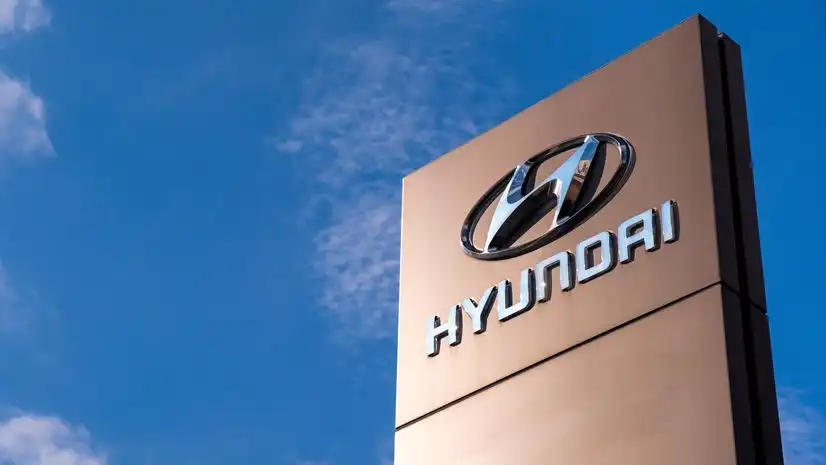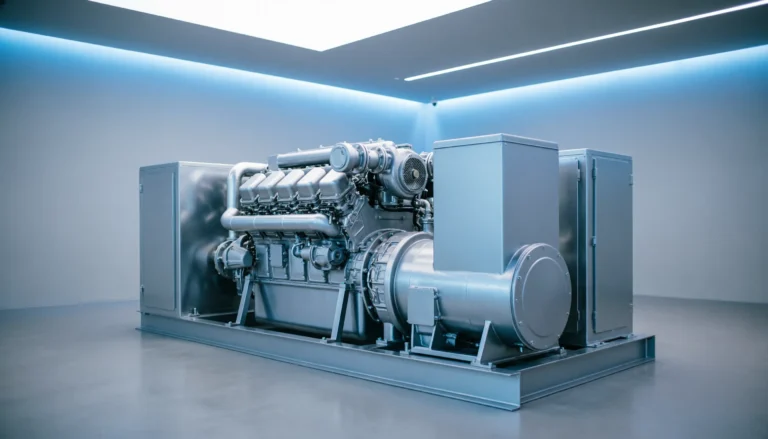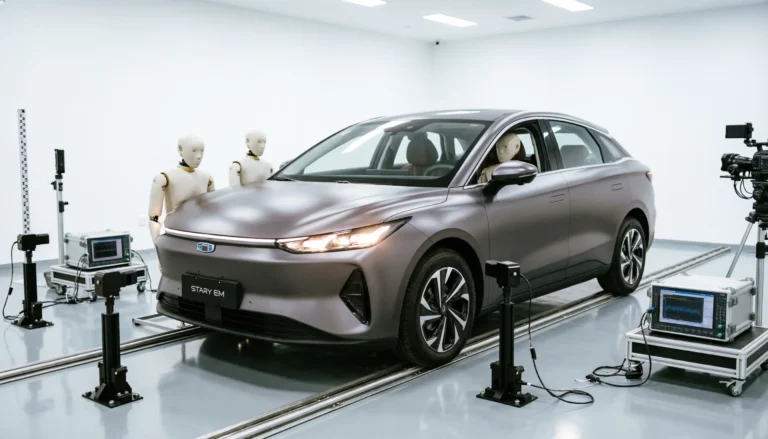
Hyundai Motor Releases 2025 Sustainability Report Showcasing Progress Toward Carbon Neutrality and ESG Commitments
Hyundai Motor Company has officially released its 2025 Sustainability Report, offering a comprehensive overview of its environmental, social, and governance (ESG) initiatives and performance. The report provides detailed insights into Hyundai’s achievements, strategies, and forward-looking plans for sustainable development as the company works toward its long-term goal of carbon neutrality by 2045.
Hyundai has been publishing its annual sustainability reports since 2003, underscoring its ongoing commitment to transparency and responsible business practices. These reports serve as a key communication tool with stakeholders, including investors, customers, employees, and global communities, allowing them to assess the company’s progress and priorities in ESG areas.
“Hyundai is committed to sustainable mobility in the vehicles we offer and the processes we use to produce them,” said José Muñoz, President and CEO of Hyundai Motor Company. “We have made remarkable strides in reducing the environmental impact of our vehicles across their entire lifecycle, including the manufacturing stage. Our ultimate goal remains achieving full carbon neutrality by 2045. This vision is a core part of our ‘Progress for Humanity’ mission, which reflects our belief that clean mobility is not just good business—it’s a shared responsibility to create a better, healthier world for future generations.”
The 2025 Sustainability Report is structured around the company’s three primary ESG pillars—Environment, Social, and Governance—each encompassing a range of initiatives and performance indicators that reflect Hyundai’s integrated approach to sustainability.
Environmental Commitments: Advancing Circularity and Clean Energy
In the environmental domain, Hyundai highlights several groundbreaking initiatives aimed at reducing the company’s carbon footprint and improving resource efficiency.
Among the flagship programs is the Car-to-Car Project, which focuses on boosting vehicle circularity by integrating recycled materials from end-of-life vehicles into the production of new models. This effort plays a crucial role in minimizing resource consumption and reducing waste across Hyundai’s product lifecycle.
The report also emphasizes Hyundai’s strategic investments in renewable energy, both in its domestic and international operations. In South Korea, Hyundai has entered into the country’s largest corporate power purchase agreement (PPA) to secure renewable electricity, illustrating its dedication to a low-carbon energy transition. Furthermore, the company has initiated localized renewable energy projects at key overseas manufacturing sites, reinforcing its global environmental commitments.

These initiatives are directly aligned with Hyundai’s overarching carbon neutrality roadmap, which includes electrifying its vehicle lineup, reducing industrial emissions, and expanding hydrogen technology adoption across industries.
Social Responsibility: Fostering Equity, Safety, and Global Collaboration
Hyundai Motor’s social sustainability efforts focus on ensuring a responsible and inclusive workplace, building resilient communities, and enhancing ethical practices across its value chain.
The report outlines Hyundai’s active participation in international sustainability coalitions such as the Responsible Business Alliance (RBA) and Drive Sustainability, a partnership of major global automotive brands promoting responsible sourcing and supply chain management. Through these memberships, Hyundai supports industry-wide alignment on human rights, labor practices, and environmental responsibility.
Supply chain risk management is another key area, with Hyundai implementing enhanced screening protocols and audit programs to detect and address potential risks, particularly in relation to environmental violations, labor rights, and conflict minerals.
Internally, has ramped up efforts to promote diversity and inclusion. The 2025 report sets new diversity targets for executives and employees, supported by training programs and leadership development initiatives aimed at fostering an equitable workplace culture across its global operations. These measures are part of the company’s commitment to gender equality, cultural inclusiveness, and employee empowerment.
Hyundai Motor also continues to invest in local community programs, education partnerships, and safety campaigns, reinforcing its social license to operate and positively impact the regions where it conducts business.
Governance Enhancements: Strengthening Transparency and Board Diversity
In the area of corporate governance, the 2025 report underscores dedication to upholding strong, transparent, and accountable management practices. Over the past year, the company has implemented several key governance reforms designed to enhance the effectiveness of its board and promote stakeholder trust.
A major focus has been on improving board independence and diversity. Hyundai Motor has appointed additional independent directors, including two new female directors, to bring broader perspectives and expertise to strategic decision-making. The creation of an Independent Director Council further strengthens Hyundai’s internal governance framework by facilitating greater oversight and independent judgment.
To improve transparency and communication with shareholders and other stakeholders, Hyundai has adopted clearer reporting structures, revised its corporate governance charter, and enhanced stakeholder engagement mechanisms. Motor These improvements reflect belief that good governance is a foundation for long-term, sustainable success.
Enhancing Transparency Through Global Reporting Standards
To provide stakeholders with greater clarity and access to performance data, has included a separate Sustainability Factbook as part of the 2025 report. This supplemental document presents three years of trend data on key ESG metrics, offering a quantifiable view of the company’s progress.
The data in the Factbook adheres to international disclosure frameworks such as the Global Reporting Initiative (GRI) and the European Sustainability Reporting Standards (ESRS). This ensures that disclosures are comparable, auditable, and aligned with best practices in sustainability reporting.
A Roadmap to 2045 and Beyond
As Hyundai Motor continues to pursue its carbon neutrality goal by 2045, the 2025 Sustainability Report represents both a progress update and a renewed commitment to sustainable innovation. The company’s integrated ESG approach not only supports risk management and regulatory compliance but also strengthens Motor brand, stakeholder trust, and global competitiveness.
By aligning its business strategy with global environmental and social priorities—such as clean energy, circular economy, human rights, and diversity—Hyundai positions itself as a forward-thinking leader in the automotive industry’s transformation.
The full 2025 Motor Sustainability Report, along with the Sustainability Factbook, is available on the company’s official website under the Sustainable Management section:
[hmc-2025-sustainability-report-en.pdf]




